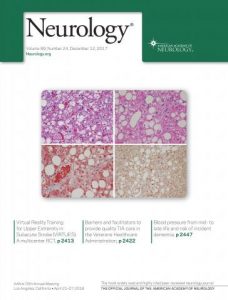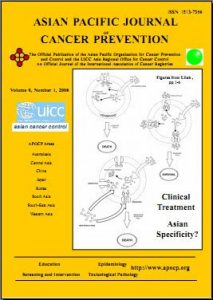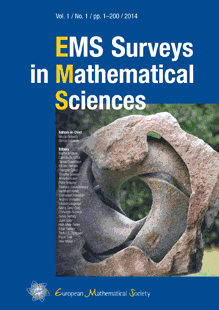 Another front has opened up in the legal battle between the CrossFit exercise brand and a competitor, spurred by a now-retracted paper about the risk of injury from the workout program. Soon, a judge will decide whether CrossFit is entitled to learn the names of the study’s peer reviewers.
Another front has opened up in the legal battle between the CrossFit exercise brand and a competitor, spurred by a now-retracted paper about the risk of injury from the workout program. Soon, a judge will decide whether CrossFit is entitled to learn the names of the study’s peer reviewers.
CrossFit has tried and failed to identify them before. If they’re successful now, it could help establish a new way to legally breach reviewer confidentiality; two outside lawyers we consulted said they’d never before seen a court order a journal to reveal an article’s peer reviewers.
On Jan. 18, Judge Joel Wohlfeil of the Superior Court of the State of California in San Diego is scheduled to hold a hearing on whether or not the National Strength and Conditioning Association (NSCA) should be compelled to unmask the reviewers for “Crossfit-based high-intensity power training improves maximal aerobic fitness and body composition.”
The article was published in 2013 in the Journal of Strength and Conditioning Research (JSCR), the official research publication of the NSCA, and was retracted last year. It’s referred to as the “Devor article” in the court documents, after last author Steven Devor, a former professor at The Ohio State University (OSU).
A “discovery referee” assigned to the defamation case recently ordered NSCA to provide CrossFit with the reviewers’ names, but NSCA is challenging those rulings, saying that they have the same right to protect their sources as journalists do.
Continue reading CrossFit asks court to unmask peer reviewers of retracted study




 Both editors of a math journal have resigned over the decision to publish a controversial paper, which was apparently made without consulting the editorial board.
Both editors of a math journal have resigned over the decision to publish a controversial paper, which was apparently made without consulting the editorial board. 

 Researchers from the University of Kansas asked to retract their paper only days after the journal issued an expression of concern related to some of the images.
Researchers from the University of Kansas asked to retract their paper only days after the journal issued an expression of concern related to some of the images.  Here’s a head-scratcher: A 2017 paper examining why long space flights can cause eye damage has been taken down, with a brief note saying NASA, which sponsored the research, asked for the retraction because of “security concerns.”
Here’s a head-scratcher: A 2017 paper examining why long space flights can cause eye damage has been taken down, with a brief note saying NASA, which sponsored the research, asked for the retraction because of “security concerns.”